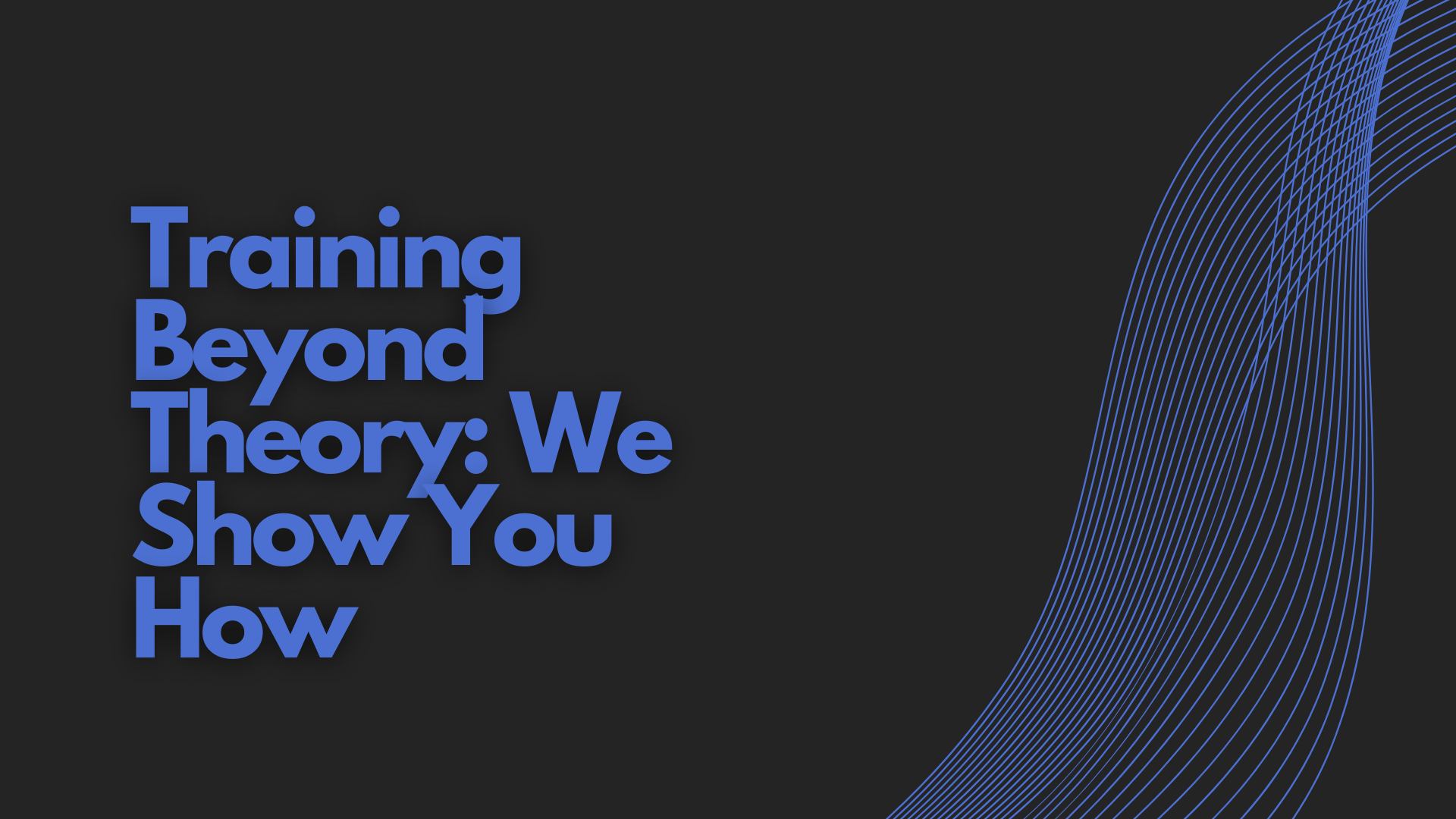course content

21/04/2026 10:00 - 12:00

Module 1 – Understanding Digital Assets in the Context of Trusts
- What qualifies as a digital asset
- Characteristics of digital assets and why they present new challenges for trusts
Module 2 – Legal Recognition and Treatment of Digital Assets in Trusts
- Can digital assets be valid trust property under Cyprus trust law and international common law principles
- Case law and guidance from other common law jurisdictions (UK, Singapore, US)
Module 3 – Structuring Trusts to Hold Digital Assets
- Drafting considerations for settlors and trustees
- Clauses for risk allocation, access, and control
- Role of protectors, custodians, and digital asset managers
Module 4 – Duties and Risks for Trustees
- Fiduciary duties and risk exposure when administering digital assets
- Managing volatility, security, loss, and theft
- Insurance and indemnity clauses
Module 5 – Succession, Disclosure, and Enforcement
- Planning for succession of digital assets within a trust
- Confidentiality, reporting, and AML considerations
- Enforcing rights over digital assets across jurisdictions
- Practical steps for trust administration involving digital assets
Module 6 – Practical Exercises and Drafting Examples
- Drafting a trust deed that includes digital assets
- Model clauses

The Trusts and Digital Assets course is suitable for professionals who are involved in the creation, management, or administration of trusts and estates, especially those looking to stay ahead as digital assets become a standard part of wealth structures. In particular, the course is ideal for:
- Lawyers working in private client, wealth planning, corporate structuring, or succession
- Trustees and fiduciaries responsible for safeguarding or managing digital assets
- Wealth managers and estate planners advising clients with cryptocurrency, tokenised assets, or other digital property
- Compliance officers dealing with AML, reporting, and disclosure obligations for trusts holding digital assets
- Family office professionals who oversee intergenerational planning involving digital wealth
- Accountants and auditors who need to understand how digital assets are held and reported in trust structures
It is also suitable for any professional who wants to understand the intersection of blockchain-based assets and traditional legal structures such as trusts, especially in a Cyprus or common law context. No prior experience with digital assets is required, but a working understanding of trusts will be helpful.



















.jpg)








